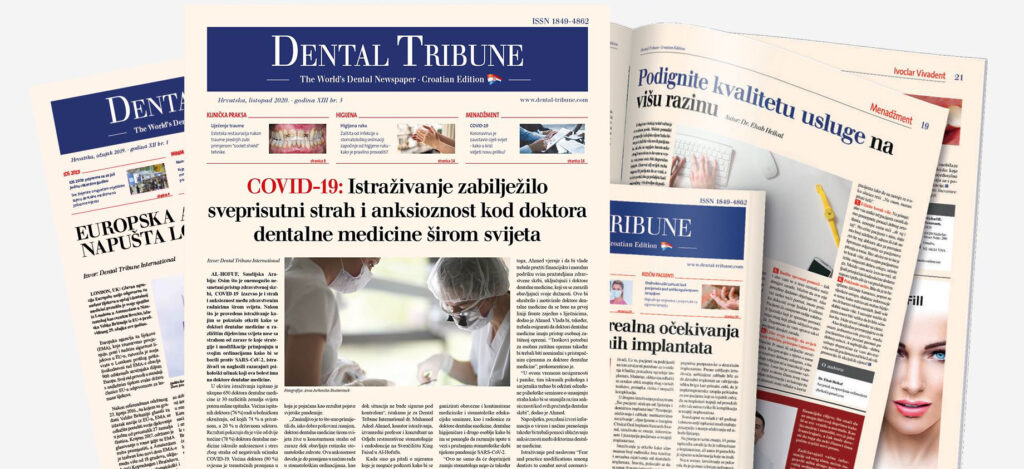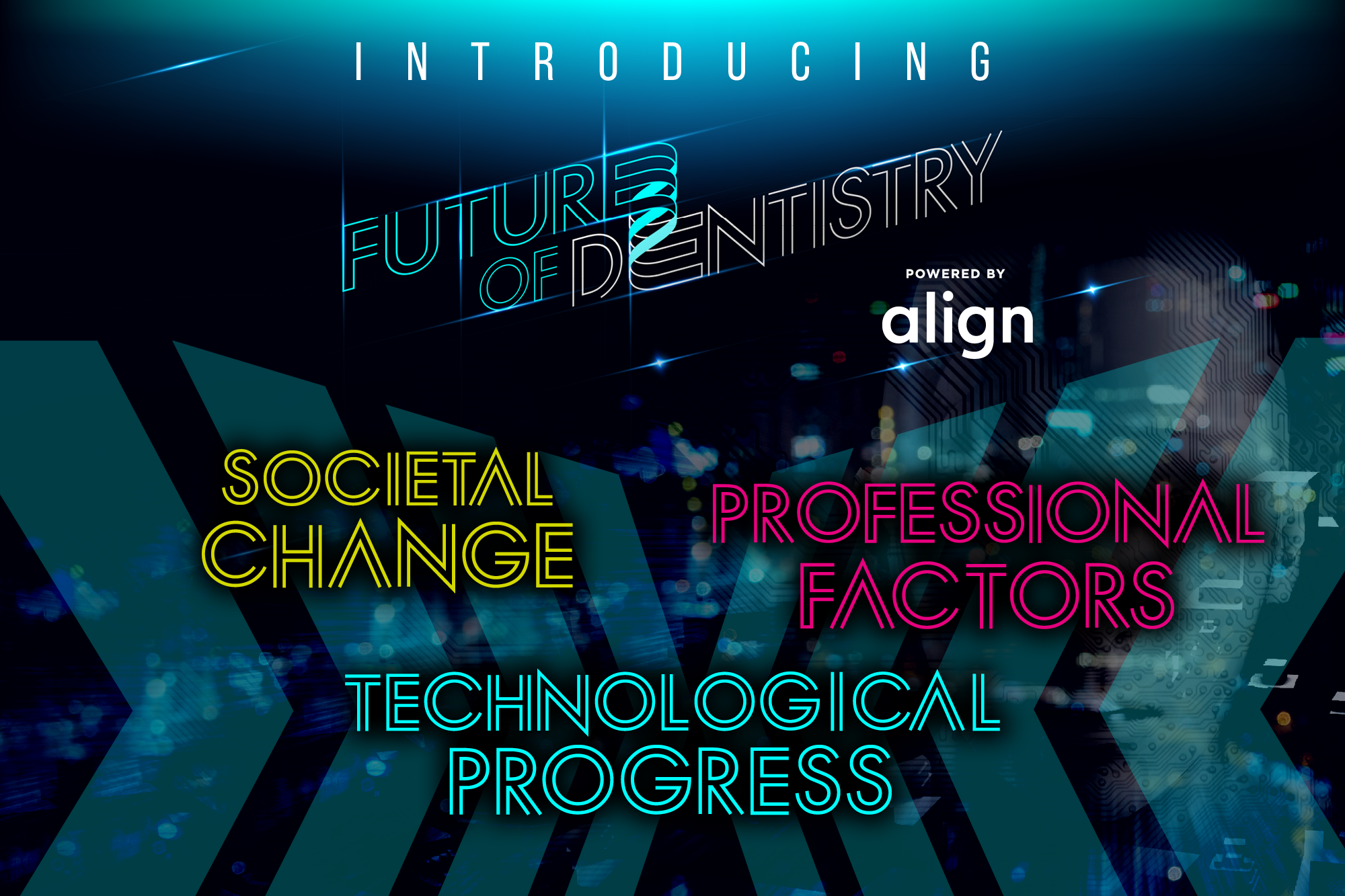News
Dental competition
29.06.2023.

According to research, financial interests motivate dentists to spread misinformation
To identify misinformation on dental topics, researchers at the School of Dentistry at the University of São Paulo in Baurú used Google’s advanced search, and the resulting websites were reviewed by two independent researchers to compile a list of false or misleading messages. The oral health misinformation found is categorized into four types: those created or disseminated for informational, political, financial, social and/or psychological purposes by individuals other than the dental profession, and into financial, social and/or psychological purposes disseminated by dental professionals. The spread of this misinformation has been investigated on Instagram, Facebook and Snopes, and CrowdTangle has been used to track misinformation posted on Instagram and Facebook.
It found that the majority (41.9%) of misinformation was created or spread by dental professionals with financial, social and/or psychological interests, followed by misinformation created or disseminated by non-dental professionals with such interests (24.8%), misinformation with information interests (24.2%) and misinformation with political interests (9.1%). Five prevailing topics were identified, in descending order: periodontal disease, endodontic treatment, toothache, fluorine and dental caries. Facebook was the primary platform used to transmit identified misinformation, followed by Instagram.
Snopes was recorded to have exposed only 5.9% of the misinformation identified by the team. The researchers suggested that this could indicate a lack of criticism and awareness of those seeking information about oral health and therefore the topic of misinformation does not attract snopes’ attention.
The team also identified anti-fluoridation propaganda as the focus of content related to political interests and found that information on public health policies was systematically devalued on social media platforms due to overriding political interests of platform users. However, misinformation created or disseminated with financial interests is statistically more common than misinformation with political interests.
Misinformation created or spread by dentists was more often shared on social media. Misinformation with financial, social and/or psychological interests produced or disseminated by dentists and misinformation with political interests appears significantly more often than misinformation with informative interests on Instagram. The researchers noted that it was difficult to determine if the dentist’s posts were fake. In doing so, they supported the development of AI algorithms to improve the detection of health misinformation alongside improved oral health education interventions and suggested that dental professionals and dental health companies must be aware of their responsibility in providing accurate oral health information.
A study titled “Exploring online oral health misinformation: A content analysis” was published online in May 2023. in the journal Brazilian Oral Research.
Most read
29.06.2023.
29.06.2023.
Latest

Introducing the Future of Dentistry


